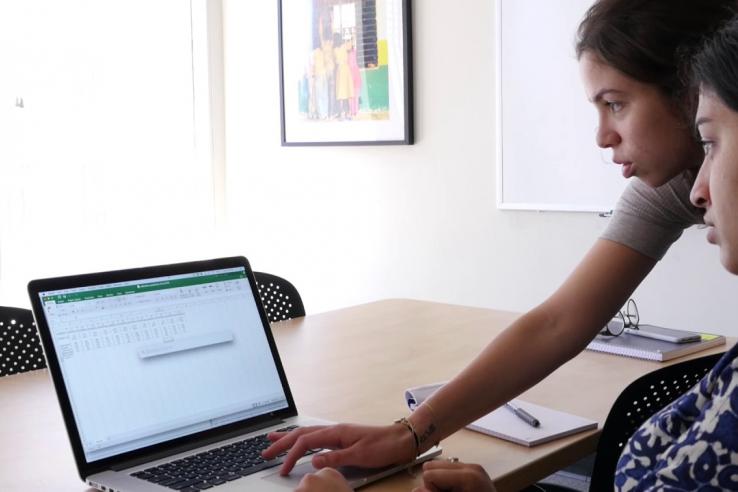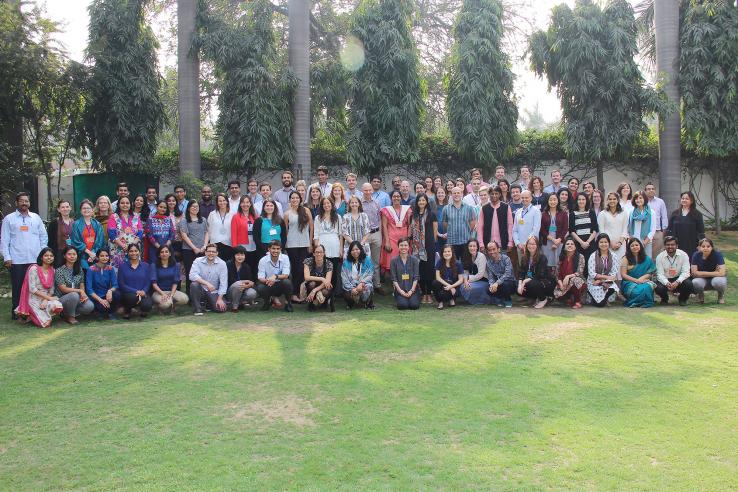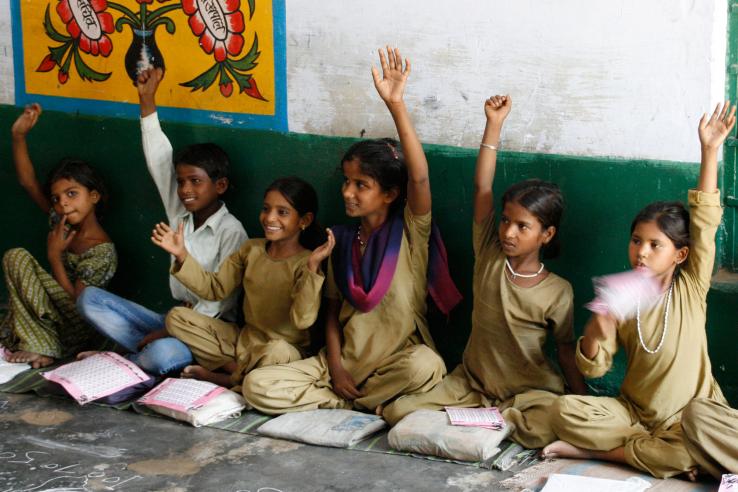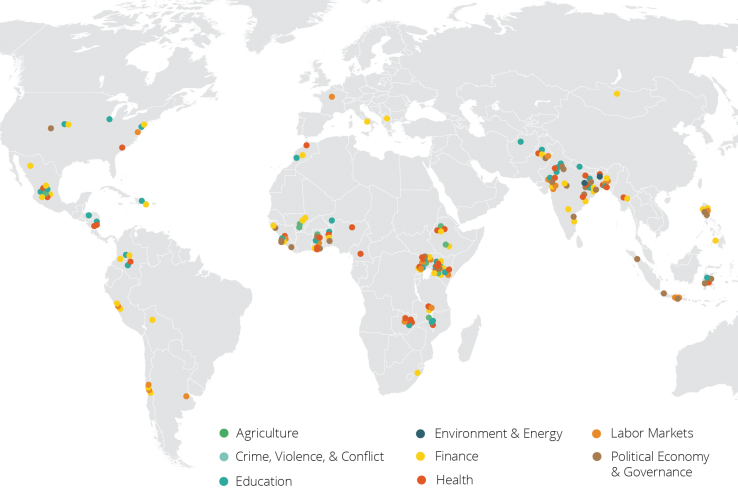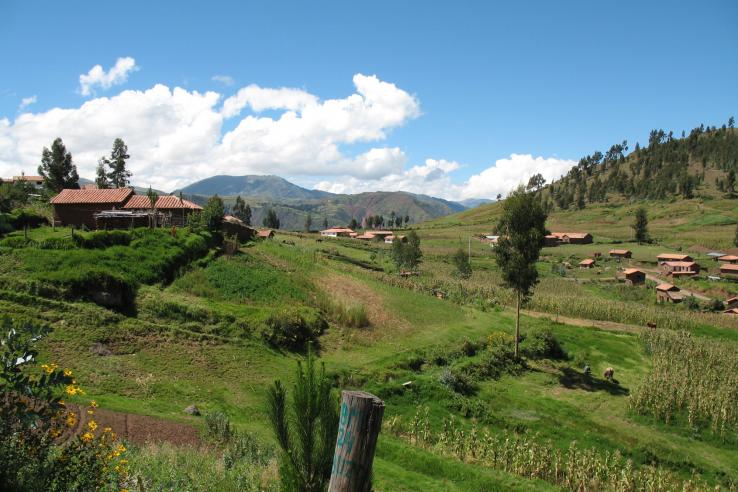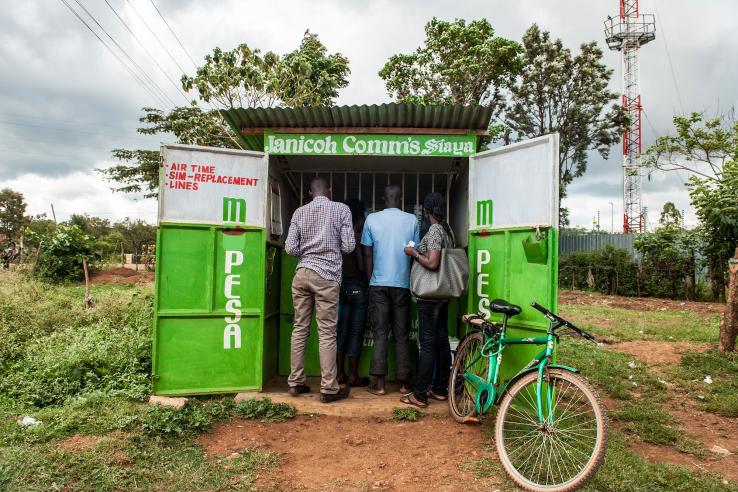Displaying 1411 - 1425 of 7732
Update
J-PAL updates
Read about our new efforts to support research transparency and reproducibility (including a paid graduate student fellowship), new affiliated researchers, and more.
Update
J-PAL updates
Selected governments will partner with MIT's J-PAL North America to test which programs work, which work best, and why.
Update
J-PAL updates
J-PAL and MIT announce new MicroMasters and blended Master's programs in Data, Economics, and Development Policy, J-PAL is hiring for 140 positions, and more.
Update
J-PAL updates
In 2017, a continued focus on moving from evidence to action, J-PAL South Asia launches a new initiative on child health, and more.
Update
J-PAL updates
Update
J-PAL updates
J-PAL Director Esther Duflo underlines the importance of implementation details, 7,000 learners begin working toward the new online MicroMaster's degree, and more.
Evaluation
Responsive governments have the ability to make laws and decisions that reflect their constituents’ preferences. However, legislators may lack necessary information about constituents’ opinions and may therefore be unable to meet their demands. Researchers measured whether providing targeted information about citizens’ and firms’ preferences to members of the Vietnamese National Assembly (VNA) increased legislators’ responsiveness. VNA delegates who received information about their citizens’ preferences were more prepared and likely to speak in debates; however, delegates did not appear to be responsive to information about local firms’ preferences. In addition, delegates grew more responsive as other delegates received the same information.
Update
J-PAL updates
J-PAL celebrates International Women's Day by showcasing the evidence on women's empowerment and poverty reduction, including evaluations on family planning in Burkina Faso, female labor force participation in India, and girls' education in Benin.
Update
J-PAL updates
As Earth Day approaches on April 22, we're highlighting J-PAL affiliated professors' 38 studies within our dedicated Environment & Energy sector. Researchers in the J-PAL network have shown that randomized evaluations have the potential to provide key policy insights, from industrial pollution...
Update
J-PAL updates
Update
J-PAL updates
Read a new policy bulletin summarizing results from seventeen evaluations of charter schools, learn how evidence helped scale unconditional cash transfers to reach over 60,000 households in east Africa, and more.
Update
J-PAL updates
The United Nations World Food Programme (WFP) and J-PAL Africa are partnering on a program to promote children’s health in Moyamba district, one of the districts in Sierra Leone most affected by chronic malnutrition.
Update
J-PAL updates
Is a policy shown to be successful in one place likely to succeed in another? How can cognitive behavioral therapy help solve crime and violence? Learn answers to these and other questions in our June newsletter.
Update
J-PAL updates
Hear from some of the 7,000 MicroMasters students on their experience with the program, learn about upcoming research in crime and violence prevention, and more in our July newsletter.
Update
J-PAL updates
Dive into J-PAL affiliates' research in education in this issue of the newsletter. Learn how J-PAL Africa is helping scale up an education program in Zambia, read up on the research on school enrollment and attendance, and more.
